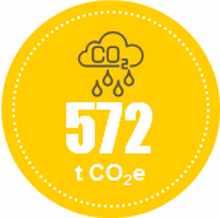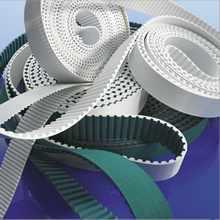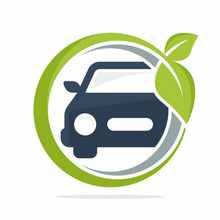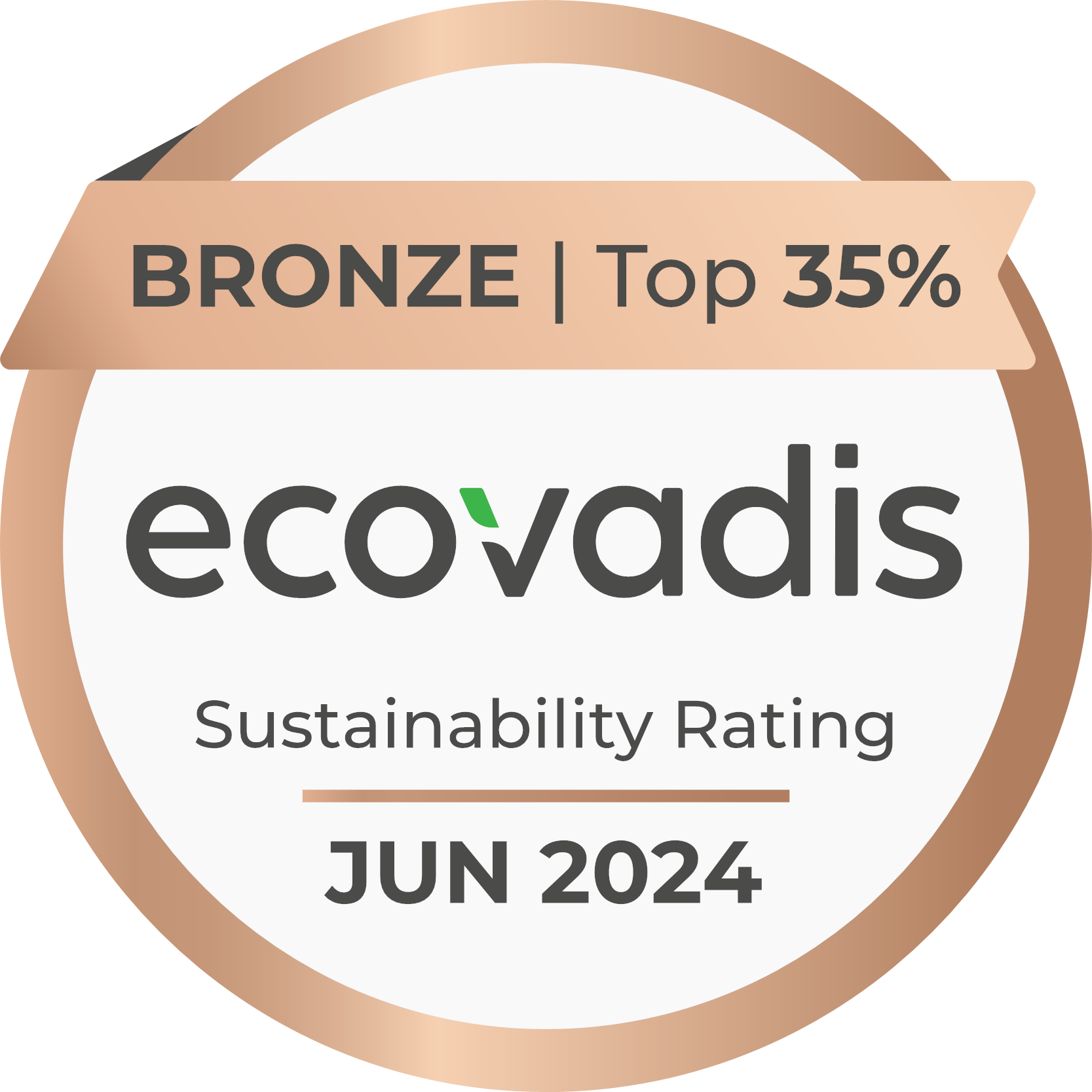Limited direct GHG emissions, with an already efficient vehicle fleet
The overall diagnosis first included the company's direct emissions: in particular those linked to the energy consumption of its buildings and the vehicles it uses. This represents only 12% of total emissions.
In particular, there are significant emissions linked to gas heating in old buildings that are ill-suited to the changes in TANALS' business. There are also significant emissions from company vehicles, all of which are switching to electric power, with emissions below 130gCO2e/km per vehicle, compared with the French fleet, which is closer to 190gCO2e/km.
A diagnosis dominated by purchases of plastics and metals
The overall diagnosis also took into account all the emissions indirectly linked to our activity. These include purchasing, waste management, staff commuting and fixed assets.
69% of TANALS' emissions come from purchasing, particularly purchases of plastics and metals. This is at the heart of the company's products, with some high-impact materials: polyurethane, chloroprene and aluminium.
Emissions reduction action plan
Reducing emissions linked to plastics
- 1st area for improvement: introduction of a process for REPAIRING polyurethane belts (the company's flagship product) rather than selling new belts. A small 'revolution', both in terms of the business and customer relations. On the programme: renovation / retreading / replacement of damaged parts.
A website dedicated to Belt repairs has been created: www.reparation-courroie.fr - 2nd area for improvement: the search for alternative products with better performance and a lower environmental impact. For example, to replace some of the chloroprene with EPDM and some of the EPDM with polyurethane.
- 3rd axis: increasing the proportion of recycled materials. This is already underway, but it is more a matter of suppliers taking action than of the company itself.
Neutralising direct GHG emissions
The company has a strong objective with regard to its DIRECT GHG emissions: neutrality of its emissions by 2030.
4 types of action have been taken:
- Building energy: planned move to energy-efficient premises using electricity (and, for the time being, eco-actions within the company).
- Production of photovoltaic electricity (new buildings)
- Gradual switch to a fleet of electric vehicles
- Purchase of carbon credits through regular investment in projects to reduce greenhouse gas emissions (Team For The Planet) for residual emissions
Deploying a global CSR dynamic
TANALS has seized the opportunity of this " carbon " mission to open up its field of action in Corporate Social Responsibility. A CSR policy has been initiated, designed and formalised.
A CSR dynamic covering all areas of the ECOVADIS label has been launched, with the introduction of monitoring tools (Dashboard and Improvement Action Plan). In September 2024, this dynamic resulted in the company being awarded the bronze ECOVADIS label in its first assessment.
Good results already
From 2019 to 2023, direct emissions have been reduced by 42% thanks to lower consumption and electric vehicles.





